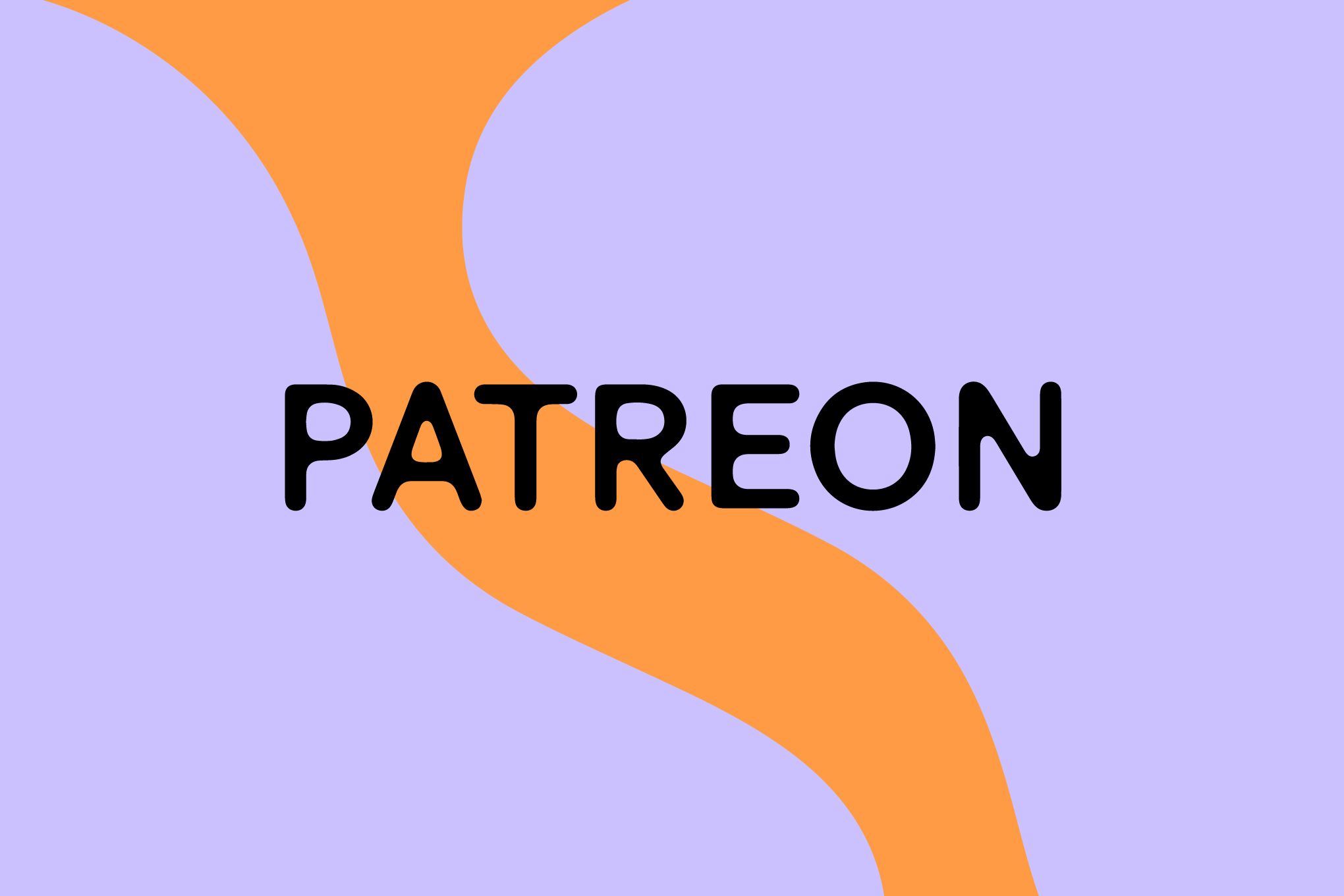Patreon just made its biggest play yet to become a true social platform. The creator monetization company is rolling out tweet-like 'Quips' posts and collaborative content features, directly challenging traditional social media while capitalizing on the ongoing creator exodus from Substack. The timing couldn't be better - creators are fleeing Substack over content moderation issues and algorithm concerns.
Patreon is making its most aggressive move yet into social media territory, and the timing feels deliberate. The platform just announced a suite of features that look remarkably similar to what you'd find on Twitter, Instagram, and TikTok - at the exact moment creators are fleeing those platforms and Substack in droves.
The centerpiece is something called Quips, which are essentially tweets for the creator economy. These short-form text, photo, or video posts are public by default and open to comments from anyone - a stark departure from Patreon's traditional paywall model. The strategy is clever: use free content as a funnel to convert casual browsers into paying subscribers.
But Patreon isn't stopping at micro-content. The platform is also introducing collaborative posts that let creators cross-promote to each other's audiences, borrowing directly from Instagram's collaboration features and TikTok's duet system. It's the kind of audience-sharing mechanism that could unlock serious growth for creators who've been trapped in their own subscriber silos.
The company is also doubling down on its recommendation algorithm, pushing creators to users when there's audience overlap between content makers. Fans can opt to see only content from creators they follow, according to Patreon's announcement, but the platform is clearly betting that discovery will drive growth. Future features in testing include a 'not interested' button, creator mentions, and content folders - basically the full suite of social media engagement tools.
This isn't happening in a vacuum. Patreon has been quietly poaching high-profile writers from Substack for months, including Anne Helen Petersen, author of the popular Culture Study newsletter, according to Patreon's creator announcements. The exodus from Substack has multiple causes: inadequate tech support, the , and most notably, .


